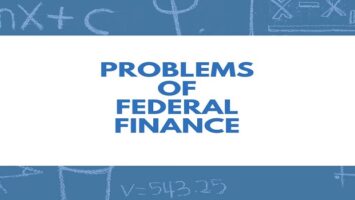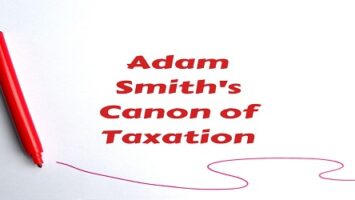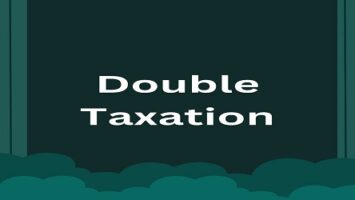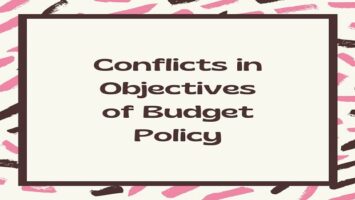Public Expenditure and its Scope:
During the greater part of the 19th century, comparatively little attention was paid, especially by English, American, and French writers, to public expenditure. The general features of this important branch of the science of finance were not analyzed and considered as their Importance deserved. There was no sound Classification of the expenditure of Central, Provincial, and State Governments, or of purely local authorities, and no canons were laid down as to the principles on which all such expenditure should be based. In the present century, the complexion of events has changed all this, and there is no part of the subject which has received so much consideration at the hands of practical financiers and writers on the subject as public expenditure.
Public Expenditure is the expenditure incurred by public authorities- central, state, and local governments- either for the satisfaction of the collective needs of the citizens or for promoting their economic and social welfare. The volume of public expenditure has been increasing in almost all countries of the world, because of the continuous expansion of the activities of the State and other public bodies on several fronts. A theory of public expenditure in the 19th century was not very necessary because the scope of the functions of government was restricted. In the 20th century the development of the functions of the State in social matters, for example, in education, public health, and in commercial and industrial undertakings, such as railway, irrigation, and similar projects have increased public expenditure to a large degree. The importance of public expenditure has also increased because of its nature and volume and effects on the economic life of a country in various ways, i.e., it can affect the level of production distribution and the general level of economic activity.
Scope of Public Expenditure:
As far as the scope of public expenditure is concerned, it is possible to divide the main schools of thought into two classes. One school restricts the functions of government mainly, if not entirely, to the primary functions of defense, law and order, public debt, and the necessities of civil administration. The other school is more generally in favor of an increase in the functions of the State, In fact, it believes in an often-quoted remark that “nowadays we are all Socialists.”
Adam Smith in “The Wealth of Nations”, pointed out that “The Sovereign has only three duties to attend to:
- First, the duty of protecting society from the violence and invasion of other independent societies.
- Secondly, the duty of protecting, as far as possible, every member of it, or the duty of establishing an exact administration of justice.
- Thirdly, the duty of erecting and maintaining certain public works and certain public institutions which it can never be for the interest of any individual or smaller number of individuals, to erect and maintain, because the profit could never repay the expense to any individual or a small number of individuals, though it may frequently do much more that repay it to a great society.
The best exponent of this School is Sir Henry Parnell who in his pamphlet on financial reforms (1830) says, “Every particle of expense that is incurred beyond what necessity absolutely requires for the preservation of social order and for protection against foreign attack in waste and an unjust and oppressive imposition upon the public.”
Contrary to this view, modern economists are of the view that it is wrong to believe that private individuals spend money better than their government does. This is in no way so. Hence, it is wrong to advocate that “leave people alone” to pursue his own interest in his own way.
Thus, 20th-century Public Finance shows that the State does spend money to the advantage and private expenditure is often wasteful, especially since the first world war. Huxley, in his well-known Essay on Administrative Nchelism, attacks the position held by Parnell and Herbert Spencer. German writers go so far as to extend the scope of public expenditure to new social undertakings and to magnify the claims of the State against those of the individual. Today the popular cry is for State intervention in almost every field, government should do everything.
Thus, Adolph Wagner, a German economist of the latter part of the 19th century, presented his famous “law of the increase of State activities” in these terms.
“Comprehensive comparison of different countries and of different times shows that, among progressive peoples, with which alone we are concerned, an increase regularly takes place in the activity of both the central and local governments. This increase is both extensive and intensive; the central and local governments constantly undertake new functions, while they perform both old and new functions more efficiently and completely. In this way, the economic needs of the people, to an increasing extent and in a more satisfactory fashion, are satisfied by the central and local governments.”
Prof. R. A. Musgrave, a 20th-century economist advocated public expenditure since a government is forced to do many activities such as:
- Activities to secure a reallocation of resources.
- Redistributive activities.
- Stabilizing activities.
- Commercial activities.
Therefore, public expenditure is increasing in both developed and under-developed countries.









Comments (No)